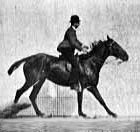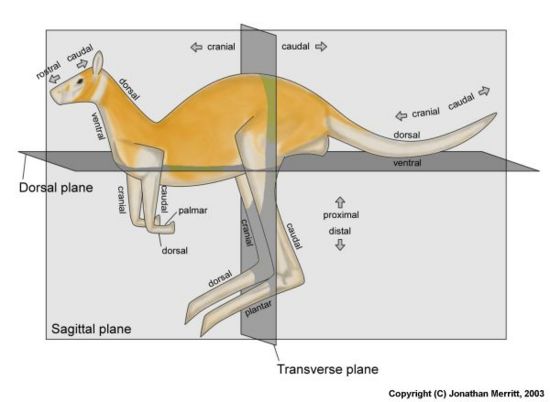Difference between revisions of "Musculoskeletal System Overview - Anatomy & Physiology"
Jump to navigation
Jump to search
| Line 9: | Line 9: | ||
==Introduction== | ==Introduction== | ||
The musculoskeletal system includes [[Bones and Cartilage - Anatomy & Physiology|bones]], [[Joints - Anatomy & Physiology|joints]], [[Bones and Cartilage - Anatomy & Physiology|cartilage]], [[Muscles - Anatomy & Physiology|muscles]], ligaments and [[Muscles - Anatomy & Physiology|tendons]]. In order to describe anatomical landmarks for example for the purposes of surgery and to be able to describe different directional information, for example when recording the view of a recently taken x-ray, it is necessary to have a way of describing the [[Planes and Axes - Anatomy & Physiology|planes and axes]] that can be applied to the musculoskeletal system to pinpoint a specific anatomical area. | The musculoskeletal system includes [[Bones and Cartilage - Anatomy & Physiology|bones]], [[Joints - Anatomy & Physiology|joints]], [[Bones and Cartilage - Anatomy & Physiology|cartilage]], [[Muscles - Anatomy & Physiology|muscles]], ligaments and [[Muscles - Anatomy & Physiology|tendons]]. In order to describe anatomical landmarks for example for the purposes of surgery and to be able to describe different directional information, for example when recording the view of a recently taken x-ray, it is necessary to have a way of describing the [[Planes and Axes - Anatomy & Physiology|planes and axes]] that can be applied to the musculoskeletal system to pinpoint a specific anatomical area. | ||
| + | [[Image:anatomical planes.jpg|center|550px|Anatomica Planes of a Kangaroo - Wikimedia Commons 2008]] | ||
==The Trunk== | ==The Trunk== | ||
Revision as of 13:42, 5 July 2010
|
|
Introduction
The musculoskeletal system includes bones, joints, cartilage, muscles, ligaments and tendons. In order to describe anatomical landmarks for example for the purposes of surgery and to be able to describe different directional information, for example when recording the view of a recently taken x-ray, it is necessary to have a way of describing the planes and axes that can be applied to the musculoskeletal system to pinpoint a specific anatomical area.
The Trunk
Spinal Column
Ribs and Sternum
Pelvis
The Head and Neck
Skull and Facial Muscles
Pharynx
Larynx
Syrinx
Hyoid Apparatus
Limbs of the Domestic Species
Forelimb
Hindlimb
Phalanges
Palpable Points
Muscle Regeneration
Test yourself with the Musculoskeletal Flashcards
References
Books
- Dyce, K.M., Sack, W.O. and Wensing, C.J.G. (2002) Textbook of Veterinary Anatomy. 3rd ed. Philadelphia: Saunders.
- O.Charnock Bradley The Structure of the Fowl, 3rd ed, J.B.Lippincott Company, 1950
- Konig and Liebich: Veterinary Anatomy of Domestic Mammals, 3rd Edition
Images
- Royal Veterinary College Histology Department
- Nottingham Veterinary School

